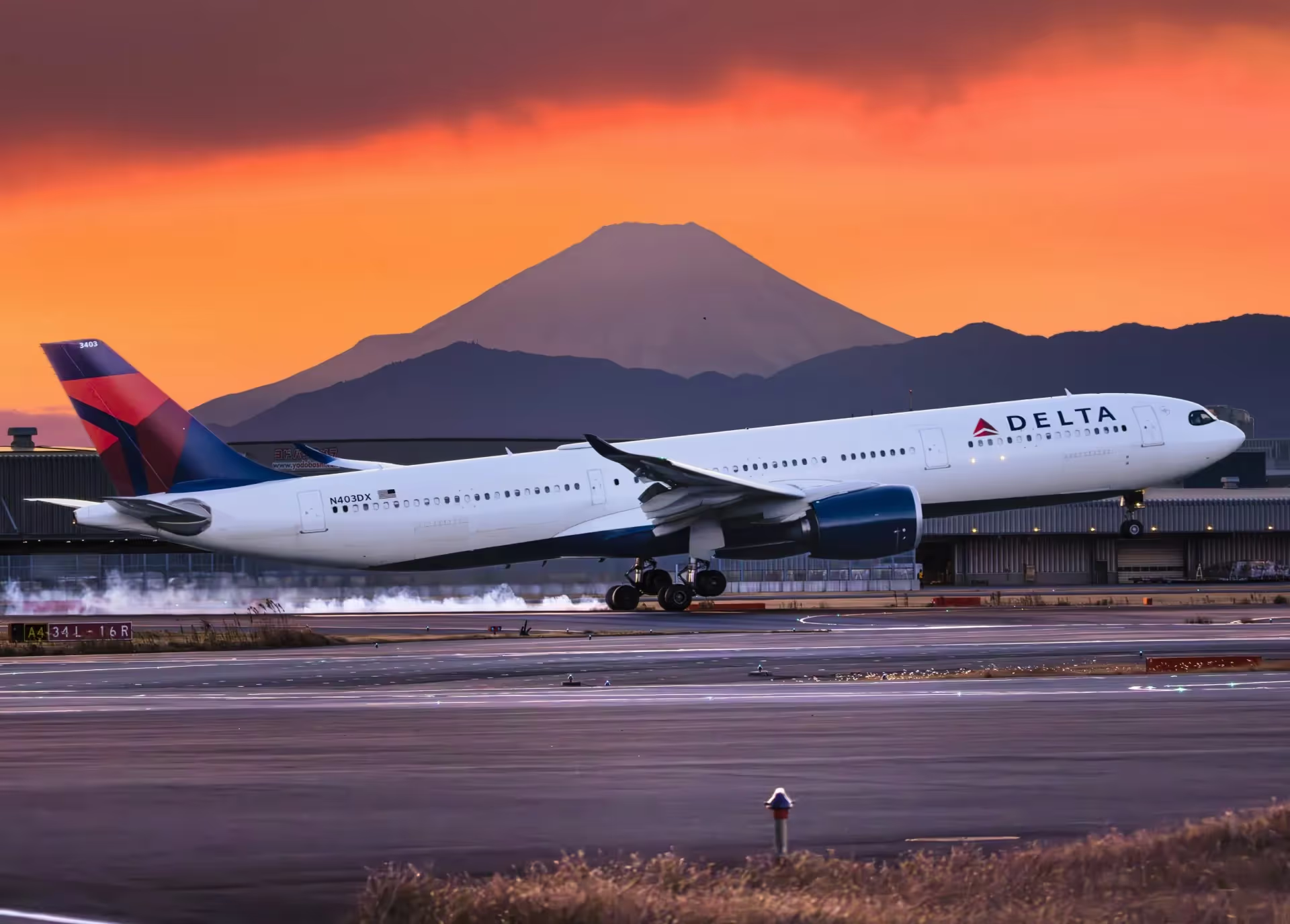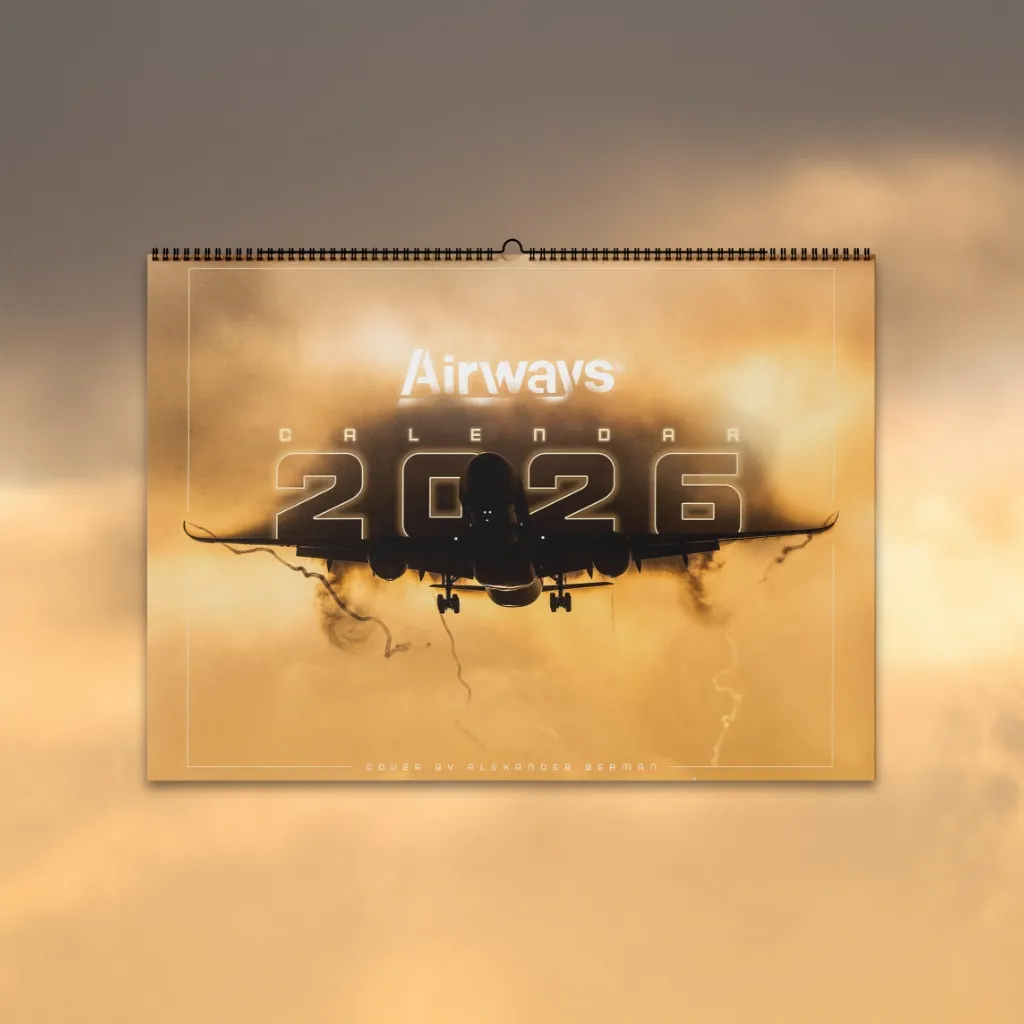DALLAS — The aviation industry is experiencing disruption as new tariffs imposed by the U.S. alter the economics of aircraft purchasing.
Ryanair (FR) has threatened to seek alternatives to Boeing if US tariffs materially affect pricing, while a senior US lawmaker has warned against considering Chinese manufacturers.
Meanwhile, Airbus has firmly stated it will not absorb tariff costs for US airlines. These developments occur against a backdrop of weakening travel demand and industry-wide efforts to secure tariff exemptions.
Ryanair Threatens Boeing Order Cancellation Amid Tariff Concerns
Ryanair CEO Michael O'Leary has indicated that Europe's largest airline by passenger volume would reconsider its substantial Boeing orders if US tariffs significantly impact aircraft prices.
In a letter to a senior US lawmaker reviewed by Reuters, O'Leary stated that "if the US government proceeds with its ill-judged plan to impose tariffs, and if these tariffs materially affect the price of Boeing aircraft exports to Europe, then we would certainly reassess both our existing Boeing orders" and consider sourcing from other manufacturers.
This statement represents a significant potential shift for an airline that has historically operated an almost exclusively Boeing fleet.
Ryanair is scheduled to receive the final 29 aircraft from its current order of 210 737 MAX planes by March 2026. Additionally, the carrier has placed 150 firm orders for the largest 737 model, with options for an additional 150.
Initial deliveries are expected to begin in 2027. These substantial commitments highlight the potential magnitude of FR's shift if tariffs materially alter the economics of their Boeing purchases.
Chinese Alternative on the Table, US Lawmaker Warning Against
In his letter, O'Leary mentioned that FR would consider Chinese manufacturer COMAC as a possible alternative if their pricing were 10%-20% lower than Airbus, Boeing's main competitor.
While he noted that FR has not engaged in discussions with COMAC since approximately 2011, his willingness to consider Chinese aircraft has drawn attention from US lawmakers concerned about security implications.
Raja Krishnamoorthi, a Democratic representative from Illinois and a leading Democrat on the House Select Committee on the Chinese Communist Party, has cautioned the Irish airline against acquiring aircraft from Chinese manufacturers.
In a letter dated April 29, addressed to O'Leary, Krishnamoorthi emphasized that COMAC has significant connections to the Chinese military and cited evidence suggesting that the company benefits from the illegal appropriation of foreign intellectual property.
Security Concerns, Market Strategy
Krishnamoorthi explicitly stated in his letter that "U.S. and allied airlines should not even consider purchasing aircraft from Chinese military-affiliated companies."
He further noted that COMAC is working to dominate the aircraft manufacturing market at the expense of Boeing and Airbus.
These concerns arise as COMAC's C919, designed to compete with popular narrow-body models from Airbus and Boeing, began commercial operations in China in 2023, following domestic safety certification in 2022.
Airbus Refuses to Absorb US Tariff Costs
Airbus has taken a firm stance on tariffs, informing American carriers that it will not cover the costs of tariffs on aircraft imported from Europe. This position creates a conflict with US airlines that have expressed unwillingness to pay the additional charges imposed by the Trump administration.
During a conference call following Airbus's first-quarter results, CEO Guillaume Faury clarified the company's position: "When we are exporting from Europe to United States, that's an import for the customers. They are also not very much willing to pay tariffs, but it's on them.”
Faury noted that Airbus is responsible only for duties on supplies it imports to its assembly plant in Mobile, Alabama, and then sells to customers.

Airlines Seek Workarounds, Tariff Exemptions
Major carriers, including Delta Air Lines (DL) and American Airlines (AA), have stated they are unwilling to bear the extra costs associated with tariffs. Some airlines are implementing creative solutions to avoid these charges.
Delta, for example, is routing a new Airbus A350-900 built in Toulouse, France, through Tokyo, employing a strategy similar to one it used in 2019 during a previous trade dispute that led to temporary US tariffs.
The US aviation sector, facing the dual challenges of President Trump's trade war and declining travel demand, is actively advocating for exemptions from tariffs.
Industry representatives have engaged with high-ranking Trump administration officials, including the President himself, to urge the restoration of the duty-free framework established under the 1979 Civil Aircraft Agreement.
This framework previously allowed the sector to enjoy a substantial annual trade surplus of US$75 billion.
Economic Impact on Airlines, Supply Chain
American Airlines CFO Devon May emphasized the financial burden of tariffs in an interview with Reuters, stating, "It's incredibly challenging for us to comprehend paying tariffs on those airplanes. It simply doesn't make financial sense".
With consumer travel spending declining due to concerns about sluggish economic growth and rising inflation, airlines have been reducing flight schedules, revising their financial forecasts, and working to manage expenses to protect their profit margins.
The tariff situation has created complications throughout the aerospace supply chain, which has traditionally relied on the free flow of components across borders. Even US-made aircraft are not exempt from tariffs, as manufacturers must pay duties on imported components.
Boeing is currently paying a 10% duty on parts sourced from Italy and France. Airbus faces similar challenges with tariffs on aircraft assembled at its Alabama facility.
Airbus Explores Mitigation Strategies
According to a Flight Global report, Airbus is examining various options to address the fluid US-driven tariff situation, both within its own supply chain and through negotiations with affected airline customers. CEO Guillaume Faury described the rapidly changing nature of the tariff regime as "literally changing by the day" during a first-quarter briefing on April 30.
Faury indicated that Airbus is working to "adapt and mitigate the impact by leveraging our industrial setup as well as our strong and diversified backlog." The company is still analyzing the potential implications of tariffs, including recent changes such as China potentially easing its own tariffs on imported US aerospace components. This could mean the impact on Airbus's Tianjin assembly line could be "relatively limited" or even "close to nil."
While Faury believes the direct impact of tariffs could "likely be contained" within the current framework if it continues until the end of the year, he expressed concern about potential indirect effects on air traffic over time.
Airbus says it is working with suppliers to identify time buffers, examine logistics flows and inventories, and understand mechanisms that could offset tariff impacts.
Stay connected at every stop along your journey! Get any Saily mobile data plan at 5% off with the code AIRWAYSMAG5 + up to 5GB free!





